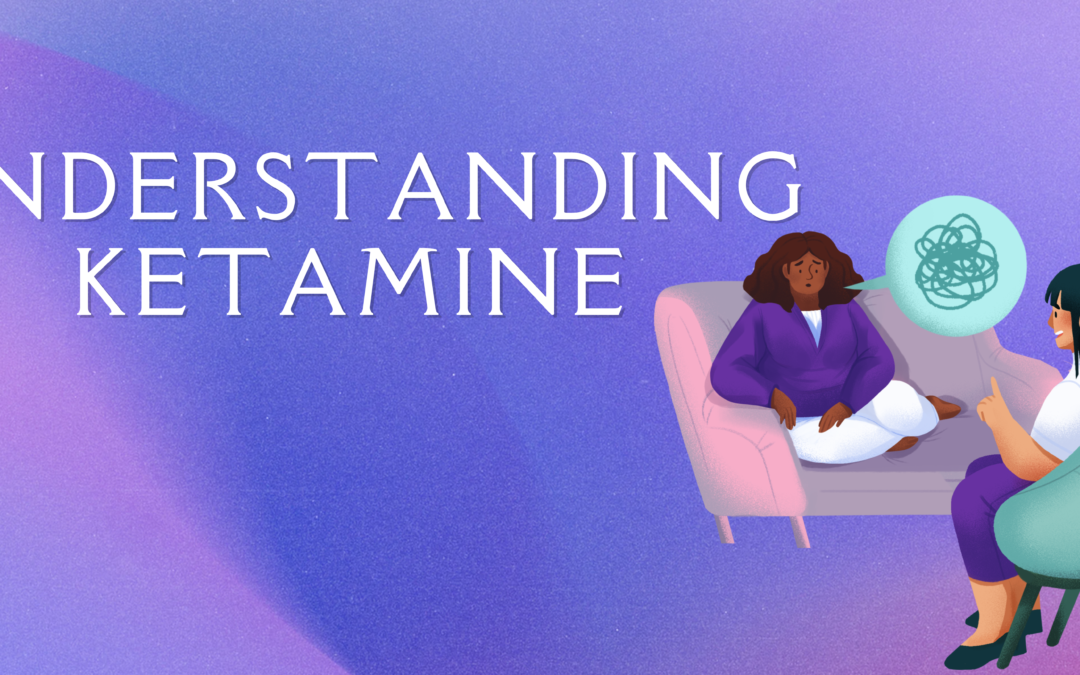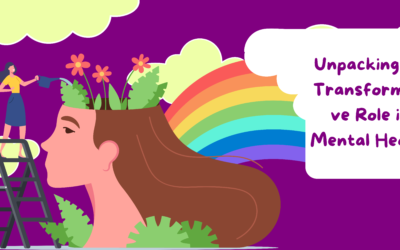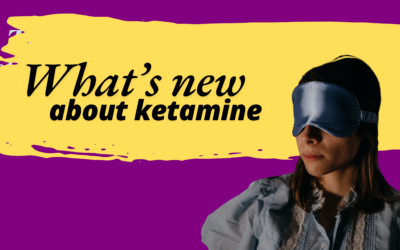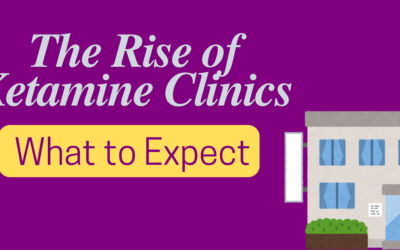Understanding Ketamine: A Revolutionary Treatment for Depression and Beyond
In recent years, ketamine has gained significant attention in the medical community, particularly for its promising applications in treating depression, anxiety, and other mental health disorders. Originally developed as an anesthetic, ketamine is now being recognized for its unique properties and potential to transform the landscape of psychiatric treatment. In this blog post, we’ll explore what ketamine is, how it works, its uses in mental health treatment, and what the future holds for this intriguing medication.
What Is Ketamine?
Ketamine is a dissociative anesthetic that was first developed in the 1960s. It was widely used in surgery and emergency medicine due to its ability to induce anesthesia while preserving respiratory function. Over time, researchers began to notice that patients receiving ketamine reported improvements in mood and reductions in pain, sparking interest in its psychological effects.
How Does Ketamine Work?
Unlike traditional antidepressants, which typically take weeks to show effects, ketamine can produce rapid relief from symptoms of depression. While the exact mechanisms are still being studied, ketamine is thought to work primarily as an NMDA receptor antagonist, which leads to increased levels of glutamate—the most abundant neurotransmitter in the brain. This surge in glutamate may stimulate synaptic connections and promote neuroplasticity, allowing the brain to form new pathways that can help alleviate depressive symptoms.
Uses of Ketamine in Mental Health
Conclusion
In conclusion, ketamine represents a groundbreaking approach to mental health treatment, offering hope to individuals who have struggled with traditional therapies. It is crucial to approach ketamine therapy under the guidance of qualified healthcare providers who can ensure safe and effective treatment. As we move forward, continued research will help refine our understanding of ketamine and its potential role in the future of mental health care.
Unpacking Its Transformative Role in Mental Health
Ketamine, originally developed as an anesthetic in the 1960s, has garnered significant attention in recent years for its potential benefits in treating various mental health conditions. This powerful drug, once primarily associated with recreational use and...
Whats new about Ketamine
Once known primarily as an anesthetic and a party drug, ketamine is now gaining significant attention in the medical community for its potential therapeutic applications, particularly in treating mental health conditions. Recent research has focused on its effects on...
The Rise of Ketamine Clinics: What to Expect
In recent years, the medical landscape has witnessed a significant shift in the approach to mental health and pain management treatments. Amidst this transformative movement is the rapid rise of ketamine clinics. Once primarily known as an anesthetic, ketamine is now...




